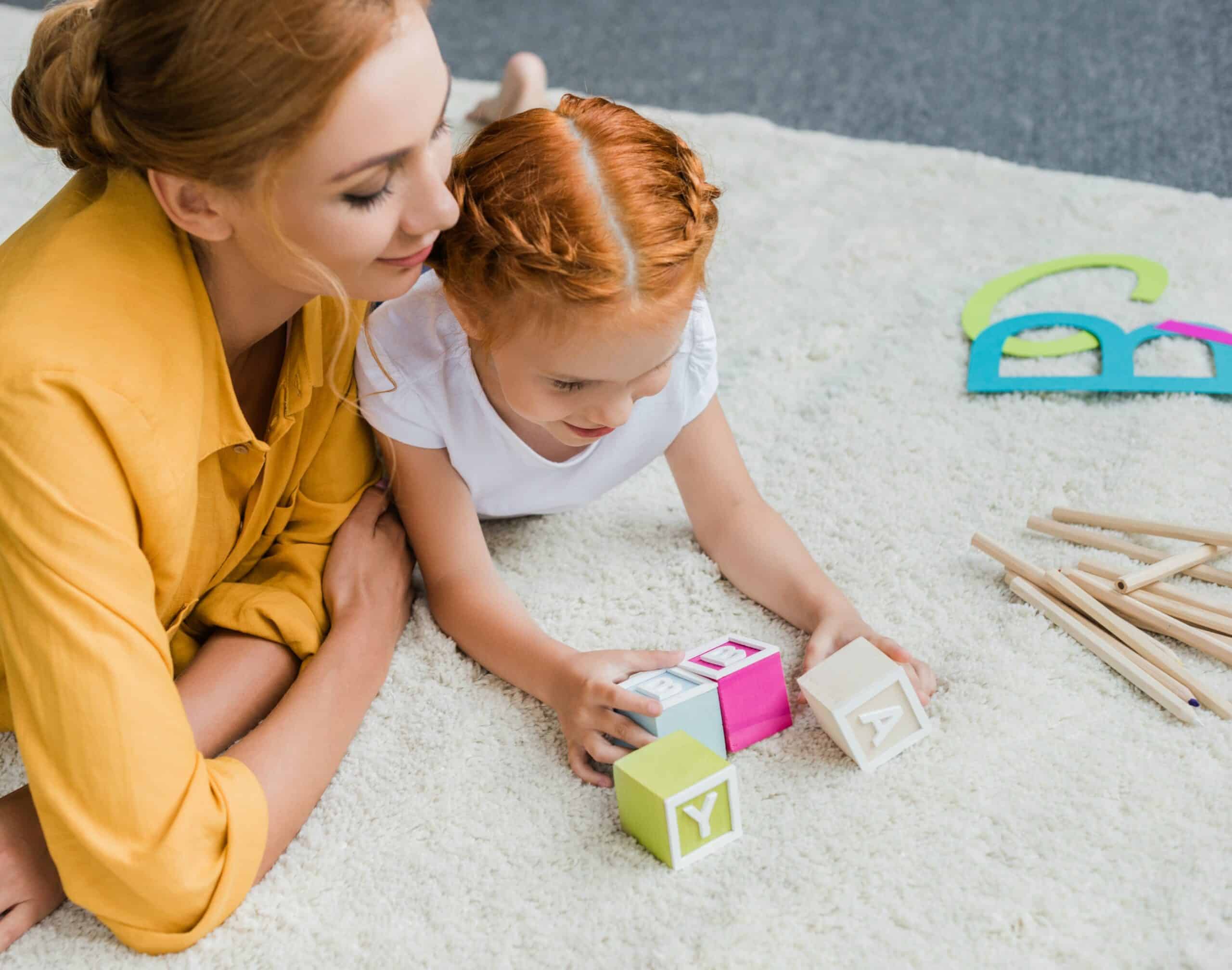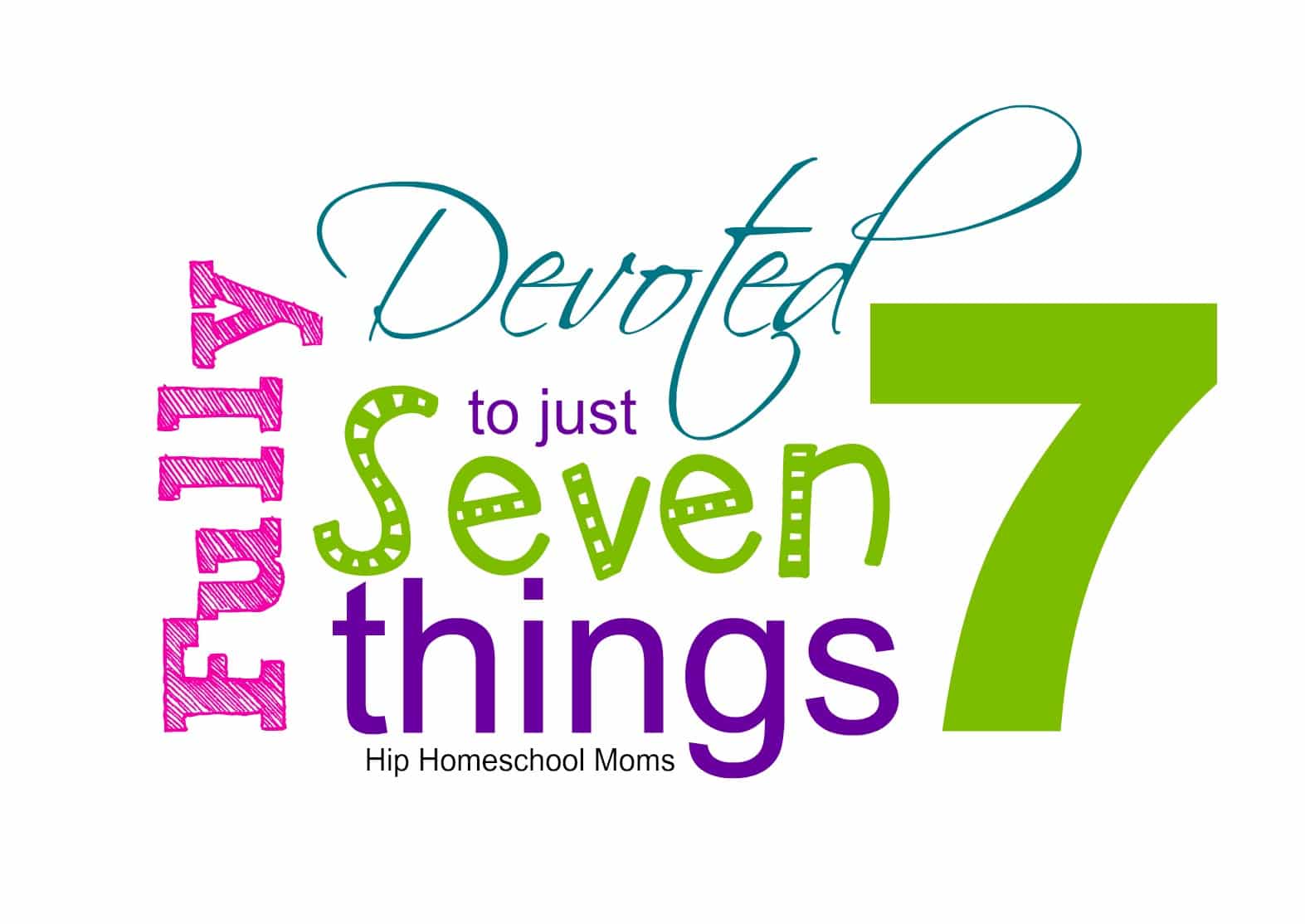How Young Is Too Young to Start Homeschooling?
We often hear this question from parents: how young is too young to start homeschooling? This is an important question to consider! But it’s also important to think about exactly what this question means.

To set off on the journey of homeschooling means to rethink what it looks like to learn and teach. If you’re gently correcting your toddler’s grammar, reading aloud with your kiddos, or singing the ABCs, you’ve already begun the process of homeschooling. It’s quite simply never too early to encourage the natural love of learning in your child.
However, the question of when to begin formal learning is an entirely different question to consider! When should you begin more formal lessons for your child? How early (or how late) should you begin teaching your child beyond educational playtime? To help answer this question, we have a few tips to help you decide when it’s time to transition to more focused lessons.
When your children are very young (about ages 1 to 4), nearly everything they do includes learning something new! From learning to walk to learning to speak, your child is taking in everything in his or her environment and is retaining more information than seems possible. Enjoy this stage with your child and encourage the natural desire to learn that your child has!
At some point between the ages of 3 and 5, you may notice your child starting to favor one of the learning styles. Below are some indications your child may give that will help you determine the learning style that he or she prefers.
Visual Learners:
Visual learners might show a special love for puzzles or drawing. They might be easily distracted by too much visual stimuli. They may struggle to follow spoken directions but be able to copy you exactly if you demonstrate the action you want. Visual learners may also do better in a quiet environment when trying to focus.
Auditory Learners:
Auditory learners may particularly enjoy and be good at music or memorizing lines from books and movies. They may be great at following spoken direction but may struggle to stay quiet for long–even more than other kids of the same age. Auditory learners might especially excel at acting and performing.
Kinesthetic Learners:
Kinesthetic learners are also called hands-on learners. These children may have a harder time than other children sitting still. They may be drawn to sports like dance, gymnastics, or martial arts–sports that focus on lots of body movement. They may enjoy being focused on a task while there is loud noise or loud music around them. Legos, blocks, or other toys involving construction may interest them more than drawing.
The time to start looking for these learning style differences is around the same time you notice your child asserting more independence. He or she may insist on doing things independently, and, if you have older children, you might hear your little one expressing a desire to “be like the older kids.” This is a great time to start your child on a more focused learning plan, setting objectives and goals for your child’s progress.
Knowing what to teach and when can be difficult for beginning homeschoolers, so when you’re starting out, consider getting a complete curriculum like Horizons Preschool that can guide you as you incorporate essential math and language skills into games and activities your little one will love.
The important thing to remember is that you are the expert on your child, so determining when to jump into more structured lessons will be up to you. Watch how your child interacts with the world and listen for signs or requests that he or she is ready to jump into more structured learning.
About Alpha Omega Publications
Founded in 1977, Alpha Omega Publications is a leading provider of PreK-12 Christian curriculum, educational resources, and services to homeschool families worldwide. AOP follows its mission every day by creating and providing quality Christian educational materials to thousands of students through curriculum, support services, and an accredited online academy. Visit Alpha Omega Publications online or call 800-622-3070 to learn more.









This is a great post!
I like how you emphasize the importance of gently guiding or correcting your child.
Don’t forget the highly verbal kids! This is one learning style I did not consider (until my son was born). He absorbs and processes everything verbally and does not EVER stop talking.
It’s hard as a parent to support this learning style and let him process this way.
My almost 3 yo has started to repeat absolutely everything. He won’t sit still and let me teach him, so I just let him direct what he wants to play with and use whatever he is playing with to teach him colors, shapes, numbers. He is definitely a kinesthetic learner.